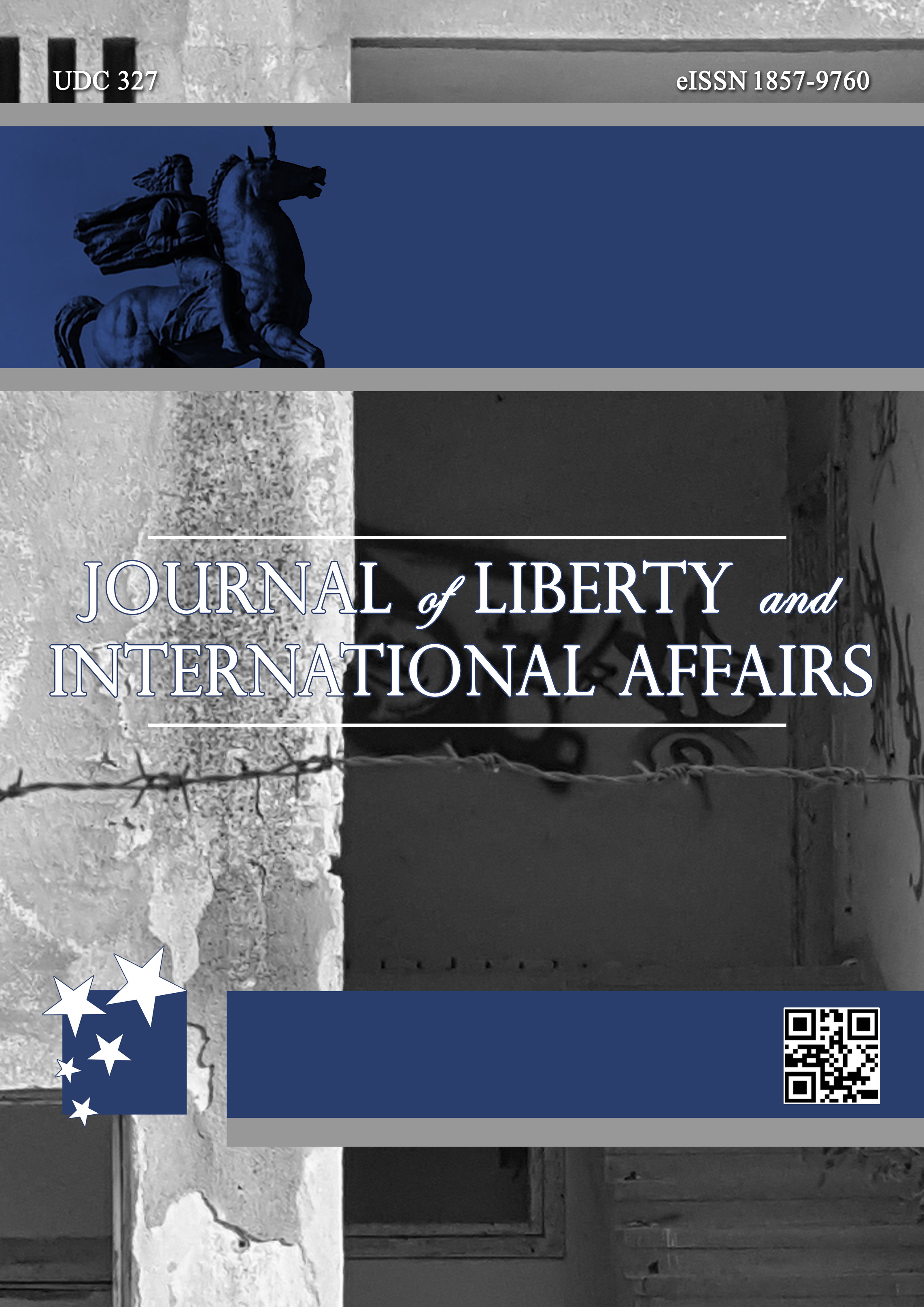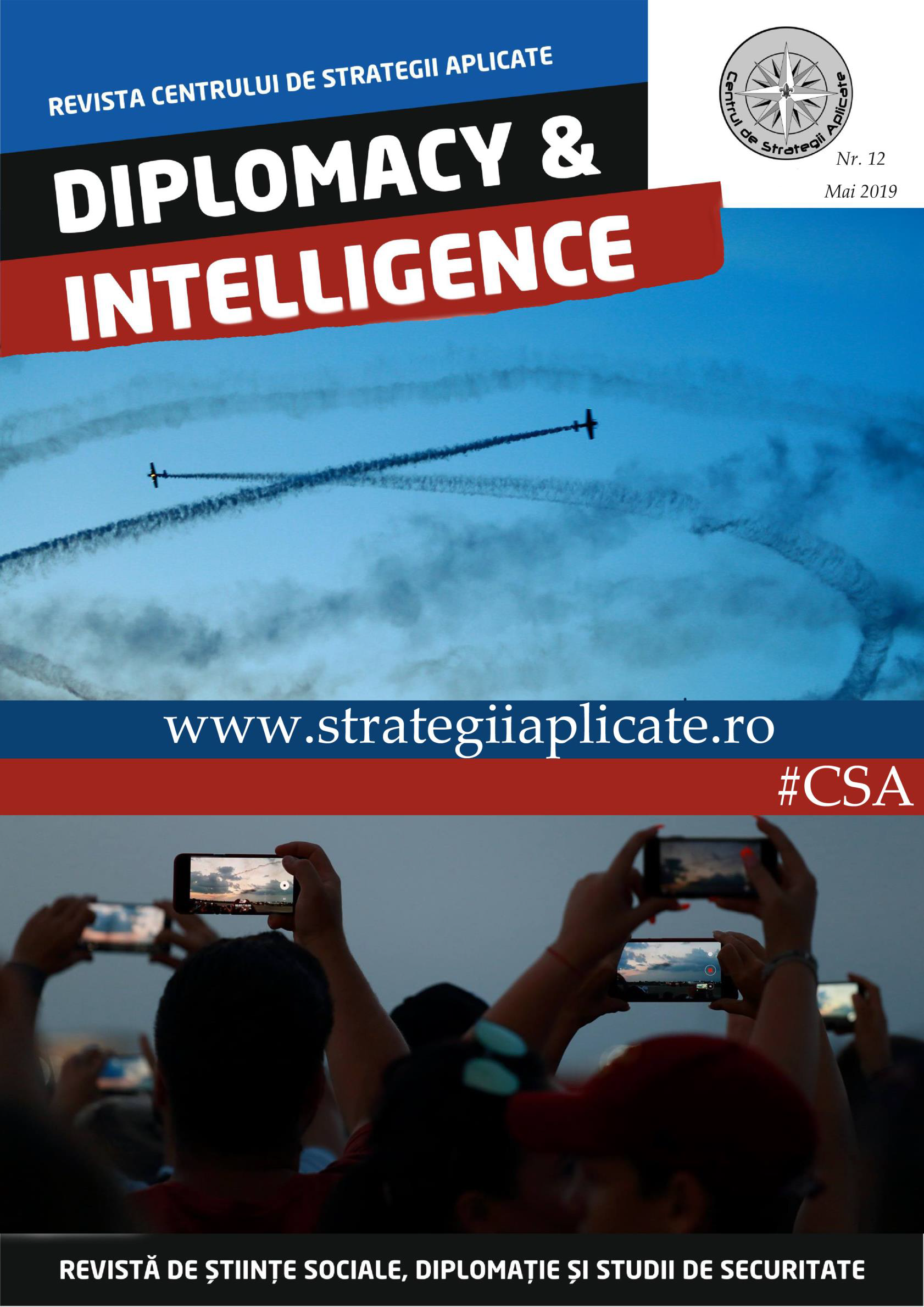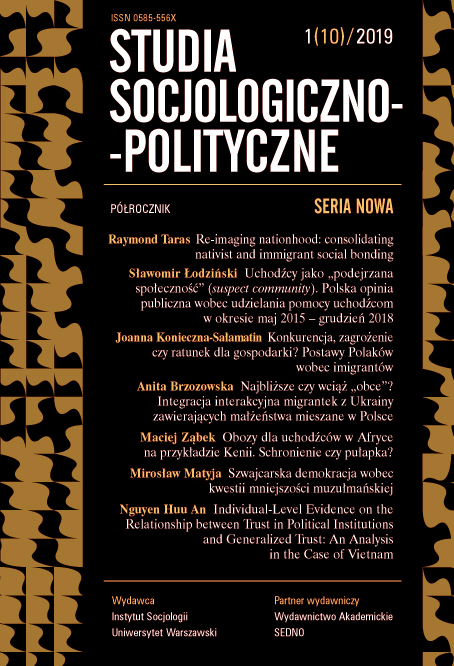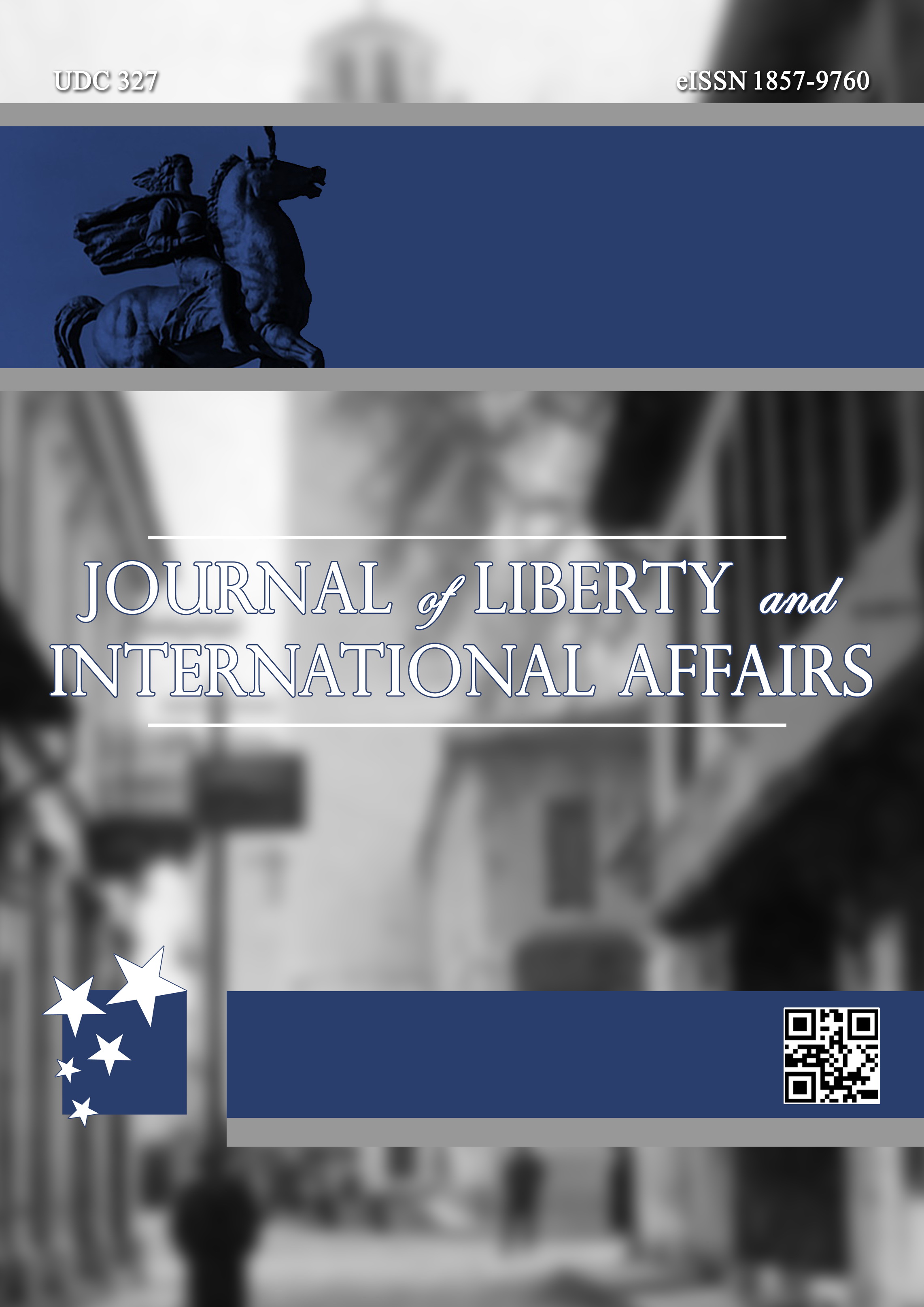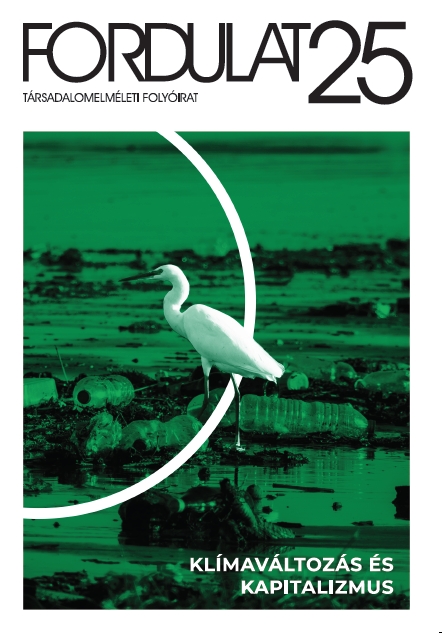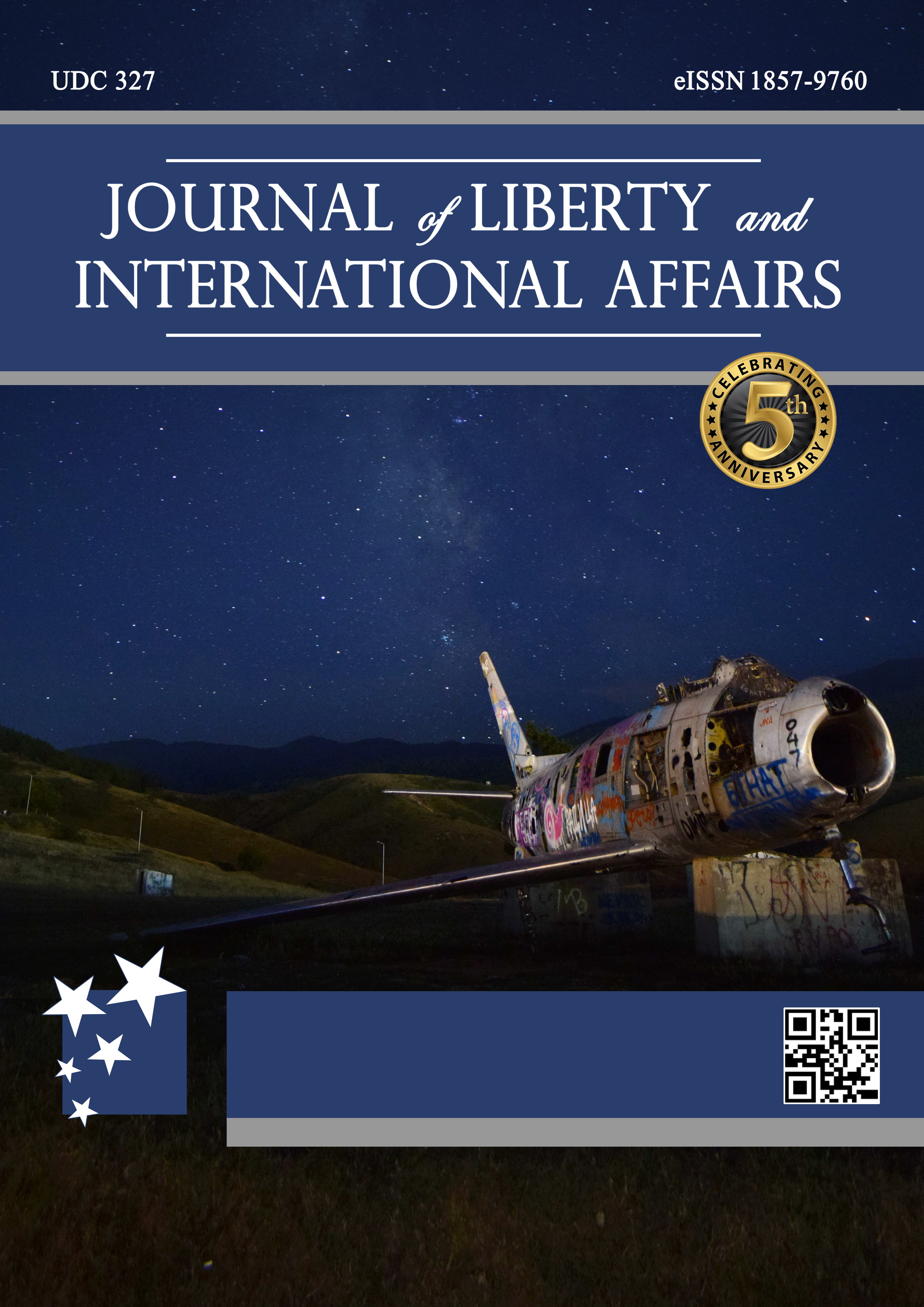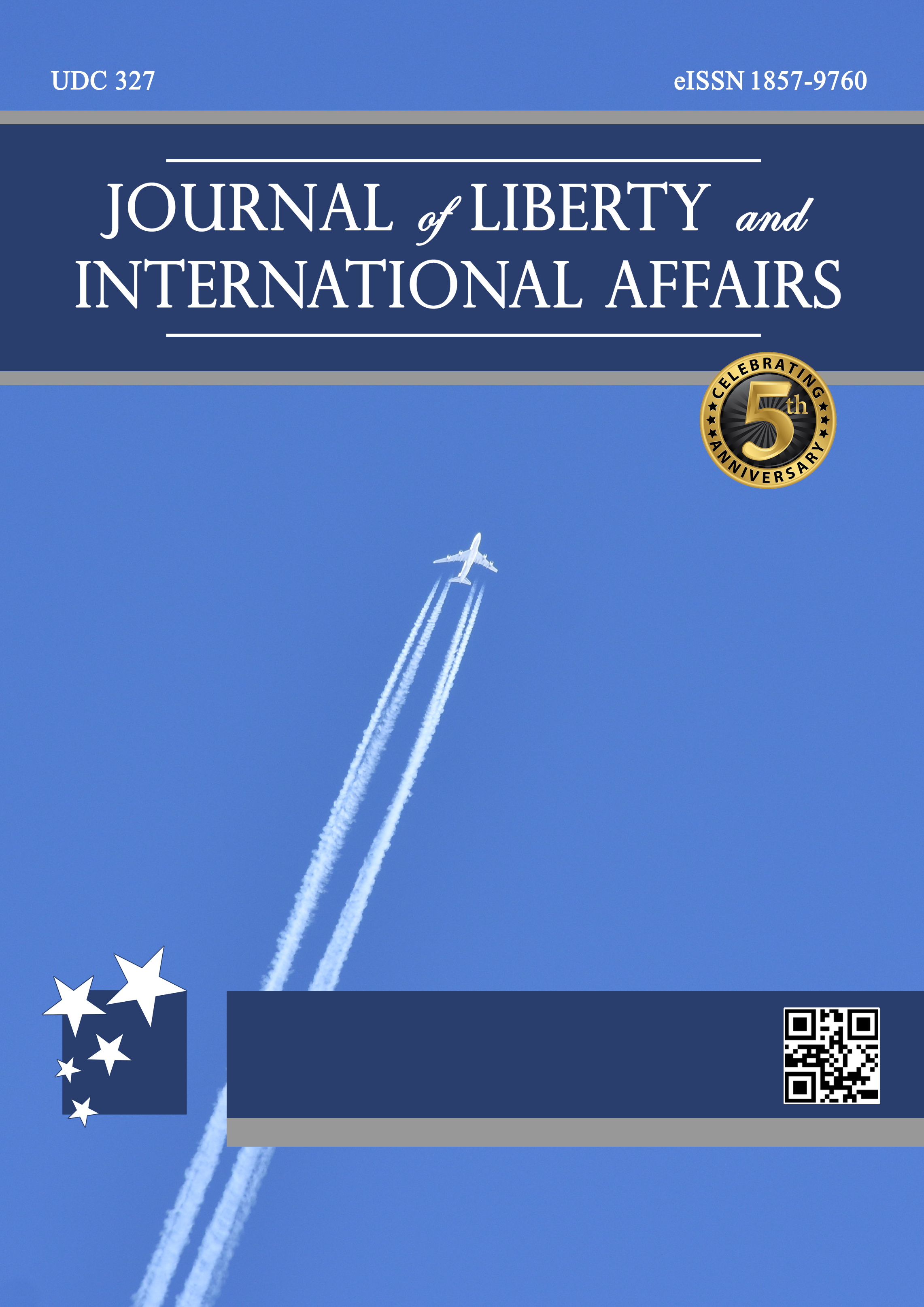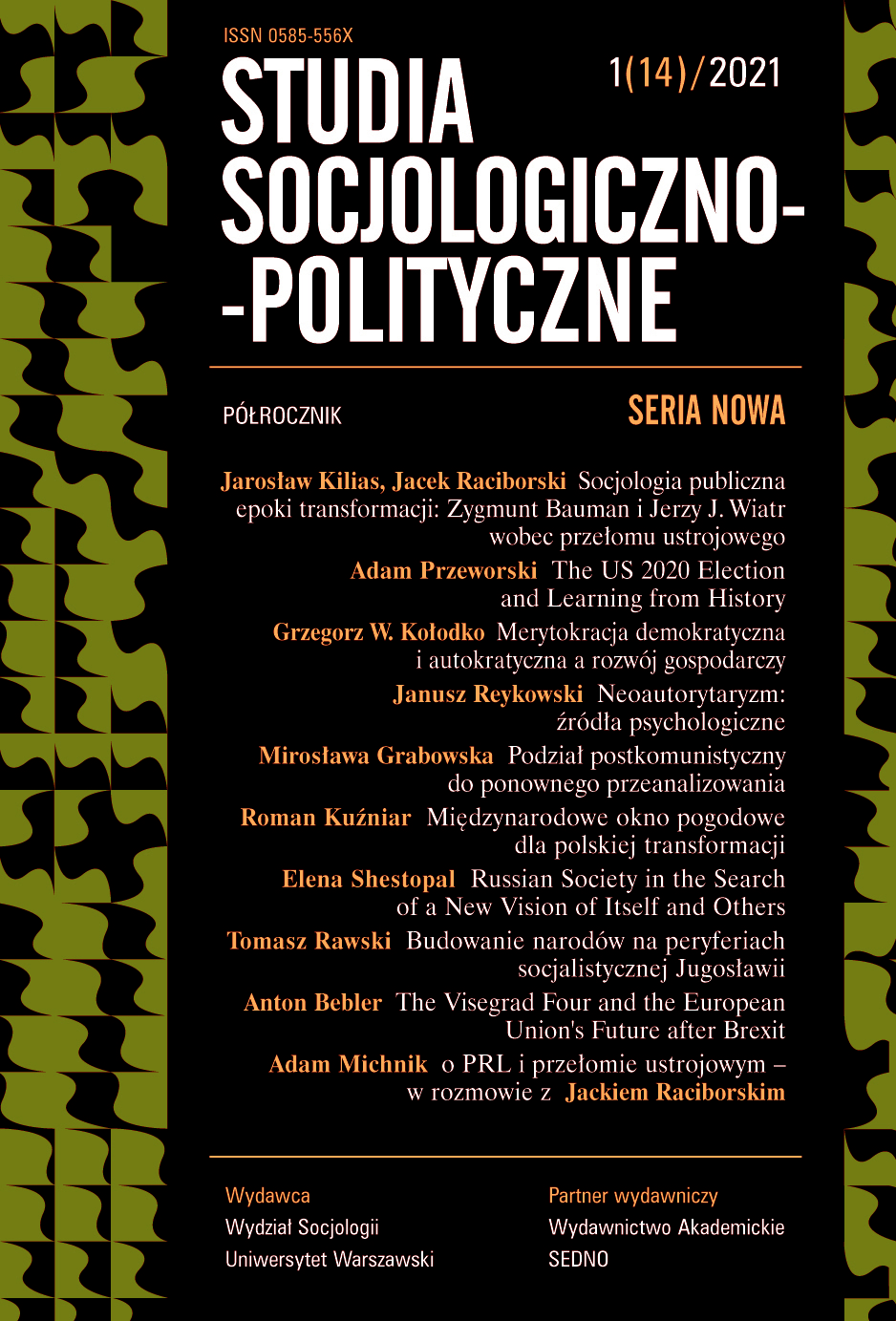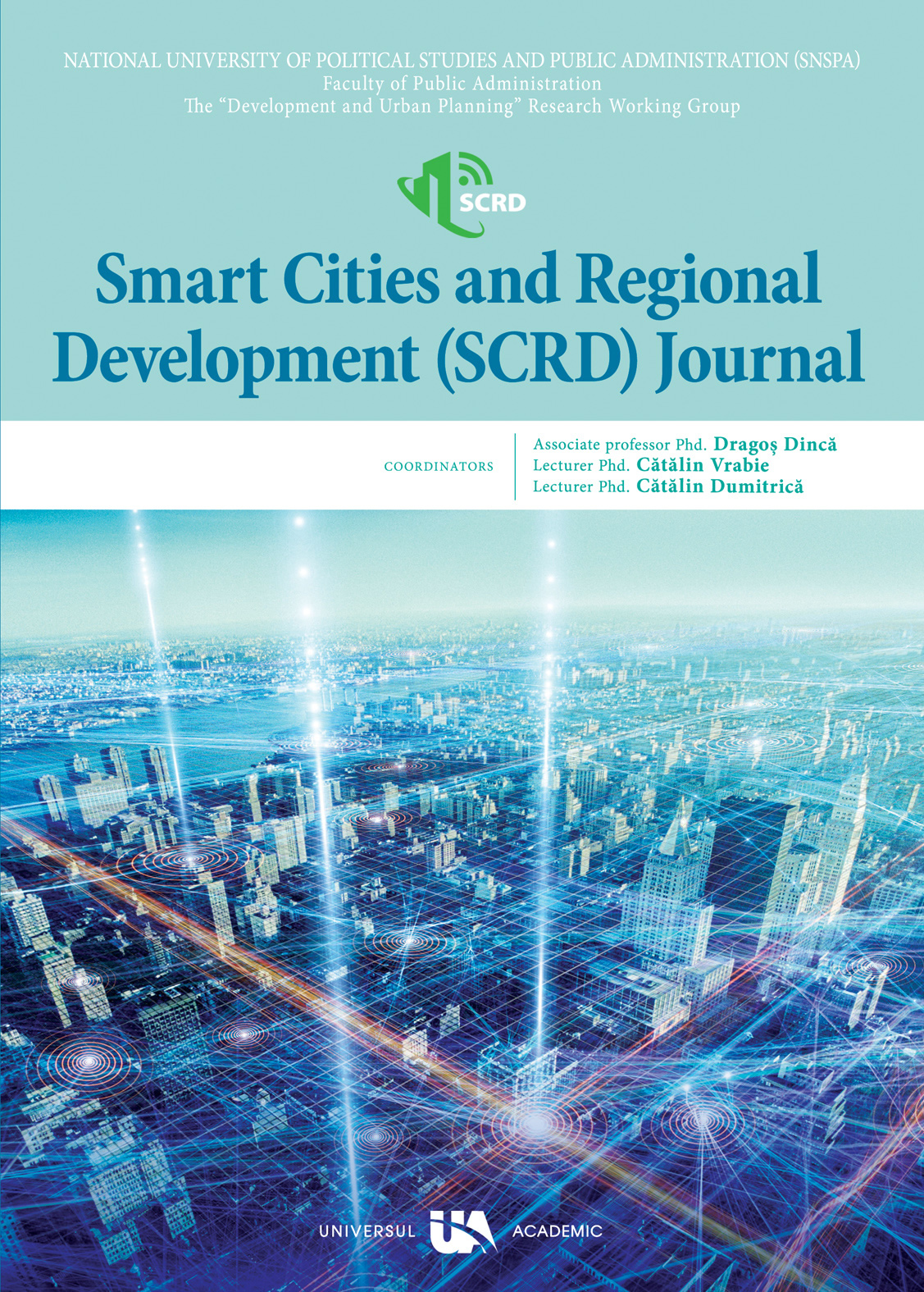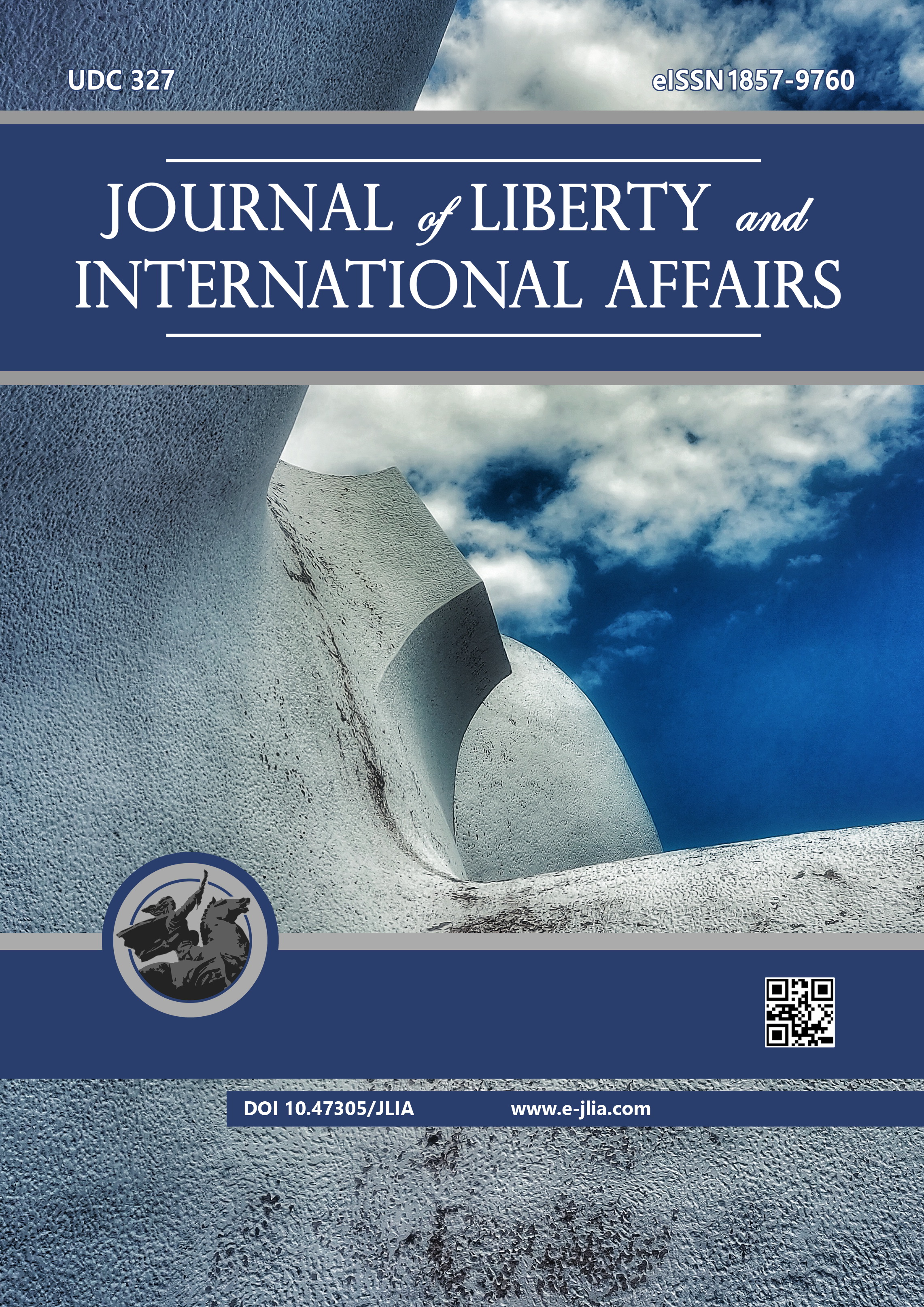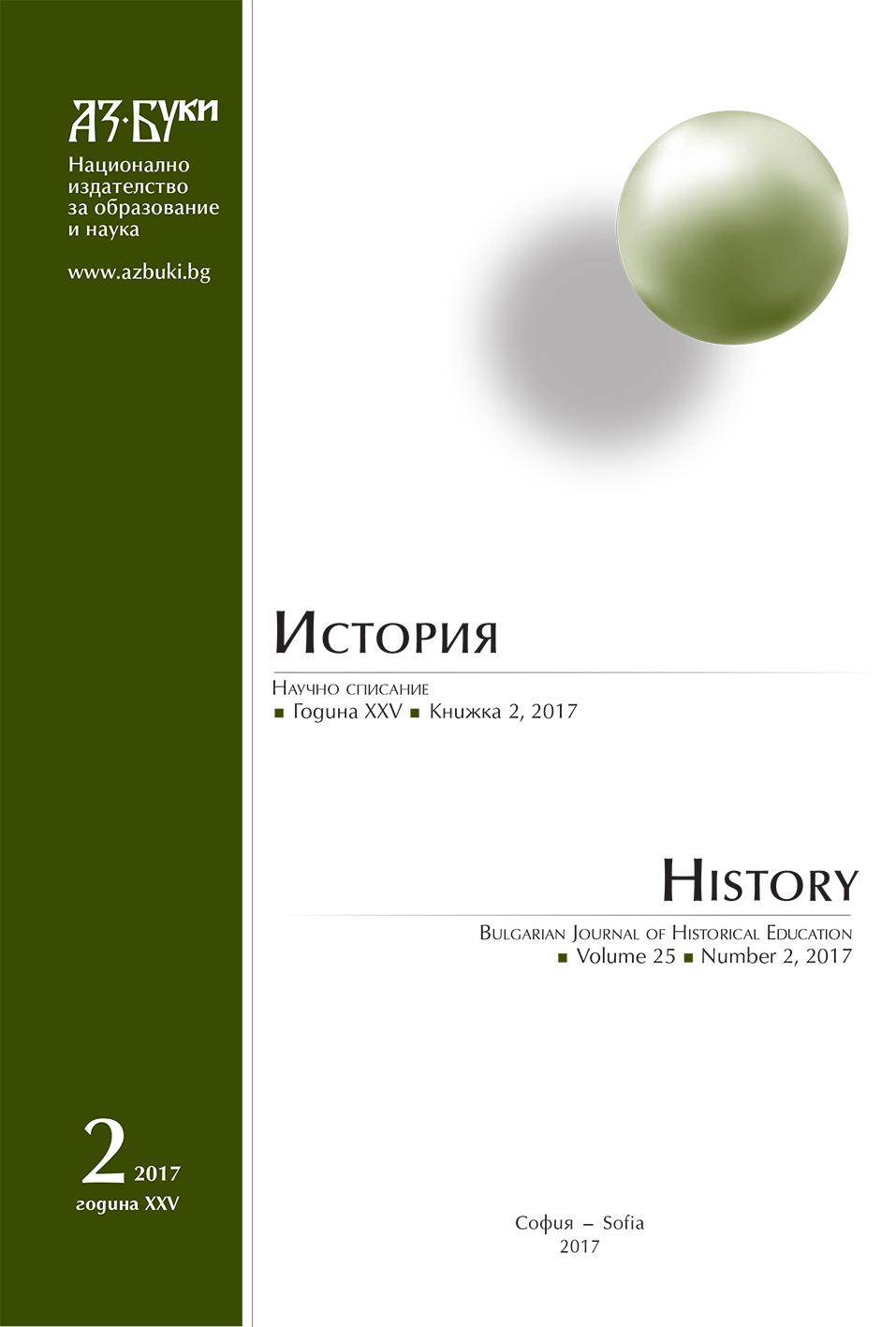
Мюсюлманите в Западна Европа след Втората световна война до началото на ХХI век
The Migration of Muslims to Western Europe attains significance after the World War II, because in this part of the old continent workers are badly needed for the development of industries of Western European countries. After 1945 till the beginning of XXI century there were five waves of Migration of Muslims to Western Europe. Although the politics of Western countries has some peculiarities towards the Muslims, the end results of this policy builds up parallel communities within the societies of these countries. These parallel communities hinder the integration of Muslims. At the religion the Muslims find a rallying point and the religion serves as a base for creation of Identity. Gradually the Muslims become a political factor because their number increased constantly. On surface arise the question about the integration or disintegration of Muslims. This question is at the center of the political or scientific discussion.
More...
